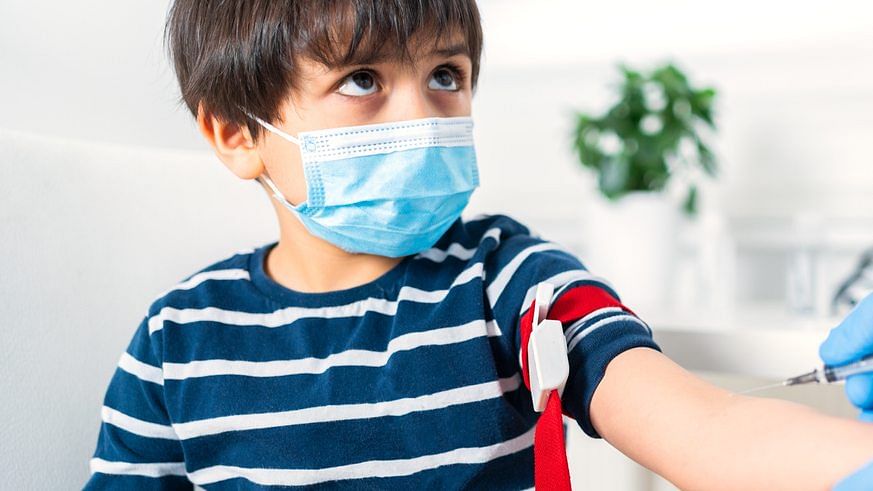
After being unable to conduct the third sero-survey in the state planned in January this year (based on a seven-month-old TAC recommendation from July last year), the health commissioner said the state will not miss its April target for the survey, which for the first time includes children aged 0-15 years. The commissionerate is all geared up to procure the antibody test kits before that.
In the TAC's February 13 meeting, it had made a recommendation for the second time to the government to conduct the third sero-survey in April.
The second sero-survey results were delayed by eight months last year (the survey was done in January, results were announced in August). Health Commissioner D Randeep said this time, the state will make the results public.
The timing of sero-surveys has always been problematic in Karnataka. The state, for the first time, will have to convince parents to allow drawing of 2 ml blood samples for the survey from their healthy children aged between 0 and 15 years.
One TAC member said, "We need blood samples from healthy babies and children for the survey, not of a sick child. Getting parental consent will be a challenge as they won't easily agree."
The state is planning to get 150 samples from children from each district taking the paediatric sample size to 4,500. Samples will be taken from the taluk level also.
Three groups of children will be included: vaccinated, infected, vaccinated and infected.
The fourth national sero-survey that was conducted in 70 districts, including three in Karnataka, in June-July 2021, included children aged 6-17 years. Overall seroprevalence in the 6-9 years age group was found to be 57.2 per cent, and in the 10-17 years age group, it was 61.6 per cent.
"If districts are found with higher paediatric seroprevalence, it means they are at lower risk of infection, and vaccination can go slow in such districts. But if districts are found with low seroprevalence, the data will provide leverage to academics to pressure the government to introduce vaccination for 10-14 years age group followed by 5-10, and then 0-5," said another TAC member.
A third TAC member said, "It will also inform future statistical modelling and predictions. Sometimes, we have borrowed data from South Africa and the UK, or from the ICMR for data of other states. However, the more input data we have from our state, the more accurate our predictions will be for the state."
As per the latest available state war room report, so far, 1,24,720 children in the age group of 0 to 9 years across the state have been infected, and 70 of them have died. Experts say Covid antibodies approximately last for around six months.
Check out the latest DH videos here:
